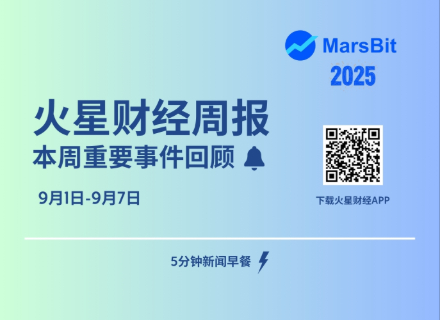It seems like the decentralized AI space is picking up speed in a way that’s hard to ignore. According to a new report from Yuma—an AI e-commerce platform—Bittensor, a blockchain-based network for machine learning, might just be reaching a turning point. The numbers are starting to look pretty convincing.
What the Numbers Say
The “State of Bittensor” report, covering the first half of 2025, points to some interesting shifts in public opinion. A Harris Poll commissioned by Digital Currency Group found that 77% of consumers now believe decentralized AI offers more benefits than systems controlled by Big Tech. Almost half of those surveyed are already using open-source AI tools in some form.
That’s a notable change from just a couple of years ago. It suggests people are becoming more aware—or maybe more wary—of how a handful of large companies control vast amounts of data.
How Bittensor Is Growing
Bittensor itself is structured around what it calls “subnets”—specialized networks focused on different AI tasks. Right now, there are 128 of them live. They cover a surprising range of uses. Yanez’s MIID subnet, for instance, creates synthetic identities to test financial compliance systems. NATIX uses StreetVision to gather urban video data from drivers to improve mapping. FLock is working on language models that run directly on your device, which helps keep data private.
It’s not just about niche developers, either. Institutional players like BitGo, Copper, and Crypto.com have started getting involved through Yuma’s validator. That kind of backing often signals that people are starting to take the technology seriously.
By the Metrics
The growth metrics from Q2 are pretty striking. Subnets grew by 50%. Miners increased by 16%. Non-zero wallets—meaning active users—went up 28%. The amount of staked TAO, Bittensor’s native token, rose more than 21%, and the token’s market cap was closing in on $4 billion by July. Subnet tokens together were nearing $800 million.
Those aren’t small numbers. It feels like the network is building momentum in a tangible way.
What Comes Next
Barry Silbert, founder and CEO of Yuma, put it simply: Bittensor is changing how AI is built and shared. He mentioned that Yuma is getting ready to launch an asset management branch to help investors get exposure to the ecosystem.
It’s easy to think of decentralized AI as something still on the horizon. But according to the report, it’s not theoretical anymore. Adoption, Silbert says, is already happening. Maybe not everywhere—but it’s underway.


